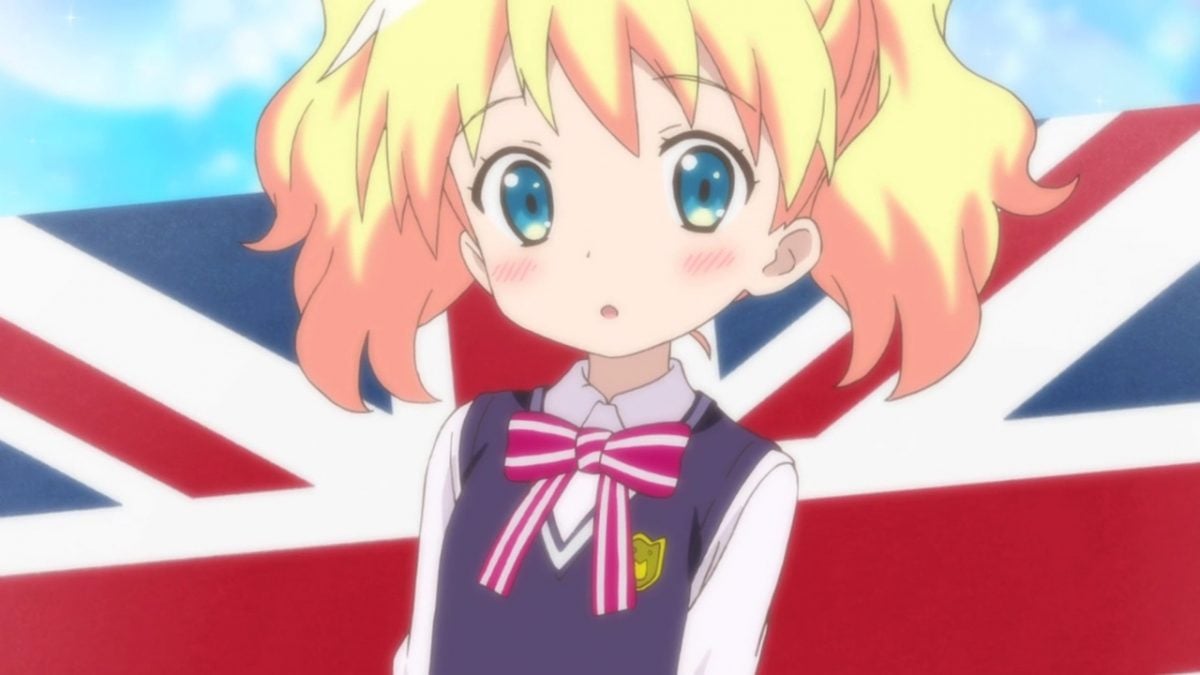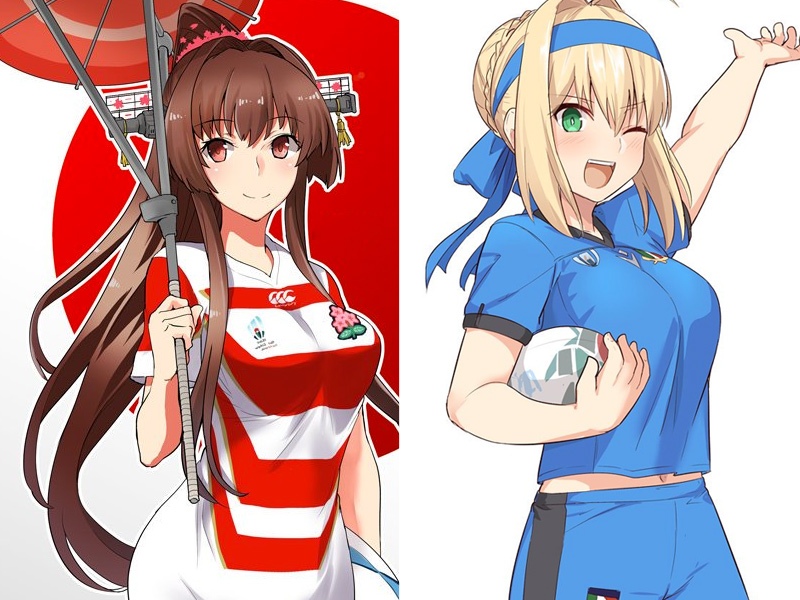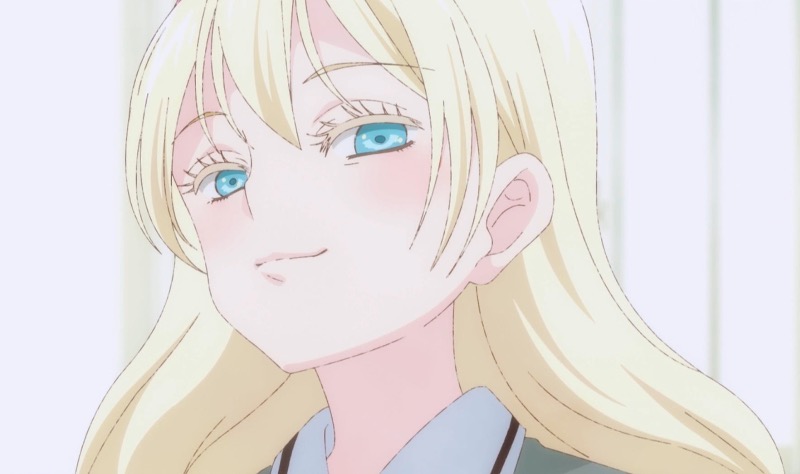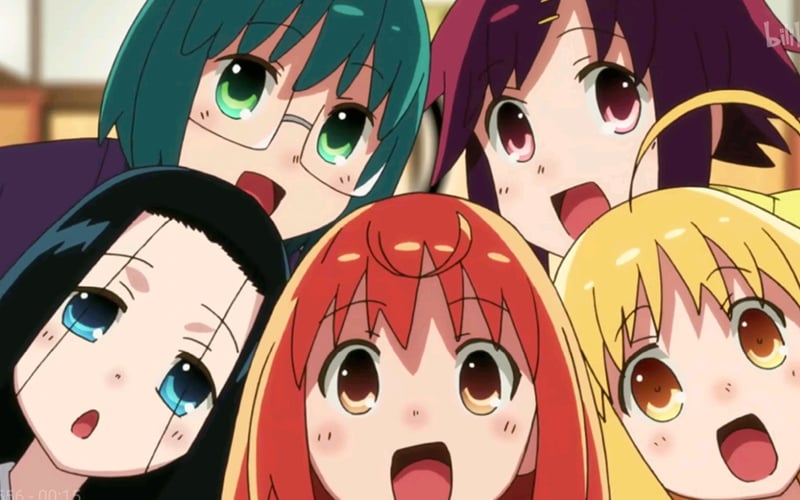Part of Peter’s Unified Theory of Japan is that the Japanese are (usually) guided by a mysterious “universal common sense” that they can all tap into somehow. Called joshiki (JOH-shki), translatable as “common knowledge so basic no one ever need think about it,” this is the reason that Japanese generally seem to be on the same wavelength about things, and why we gaijin appear strange and unpredictable to them. When it rains, virtually every Japanese person will reach for an umbrella so they can keep as dry as possible, but I’m likely to just go out into the rain if it’s only sprinkling a little — it’s not like a little water is going to kill me. Similarly, the Japanese seem to believe that warm clothes must be worn exactly from October 1 to May 31st, and whenever I wear a T-shirt in November because it’s still plenty warm out I feel like I’m breaking some unwritten rule. Getting medicine from the doctor used to be another example of the “common sense gap” between Japan and foreigners. A decade ago, the nurse would dispense various pills or powders to me in little envelopes, but whenever I’d ask what each type of medicine actually was for, she’d look troubled, like no one had ever asked her that before. Nowadays, medical staff are good about clearly explaining the purpose of each type of medicine, which I believe came about in part due to Japan being sensitive to feedback from the foreign community here.
Do you do anything hijoshiki-teki, that is, un-commonsensical?
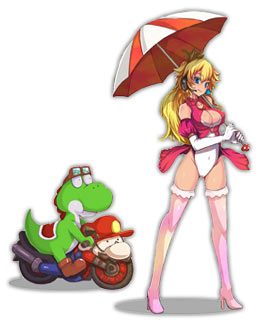
When it rains, Japanese reach for an umbrella, as seen in this illustration.



